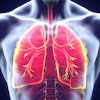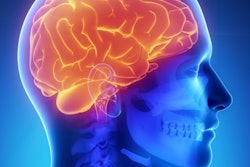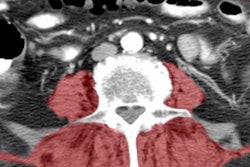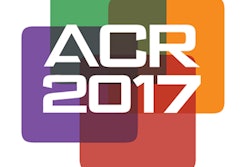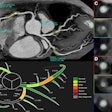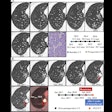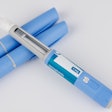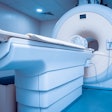A device based on electroencephalography (EEG) technology that measures brain activity after traumatic brain injury could reduce the use of head CT scans by one-third, according to the product's developer, medical neurotechnology firm BrainScope.
BrainScope is touting a recent study of its flagship product, BrainScope One, which was used to help physicians determine which patients presenting to emergency rooms with mild traumatic brain injury should receive head CT scans.
The study compared two decision pathways for CT scan referrals in these patients. One group was managed based on the referral decision of the evaluating physician, while a second group was managed based on the BrainScope One structural injury classifier, which uses the brain's electrical activity on EEG to predict injury and whether the patient would be positive at head CT.
The use of BrainScope One led to a 33% reduction in the number of patients referred to CT that turned out to be negative, compared with the clinical site practice group.
The retrospective analysis suggests that CT scanning may be safely reduced in appropriately selected patients based on BrainScope One results, said lead author Dr. Stephen Huff from the University of Virginia in a statement. The results are consistent with goals of the Choosing Wisely project, he added.


